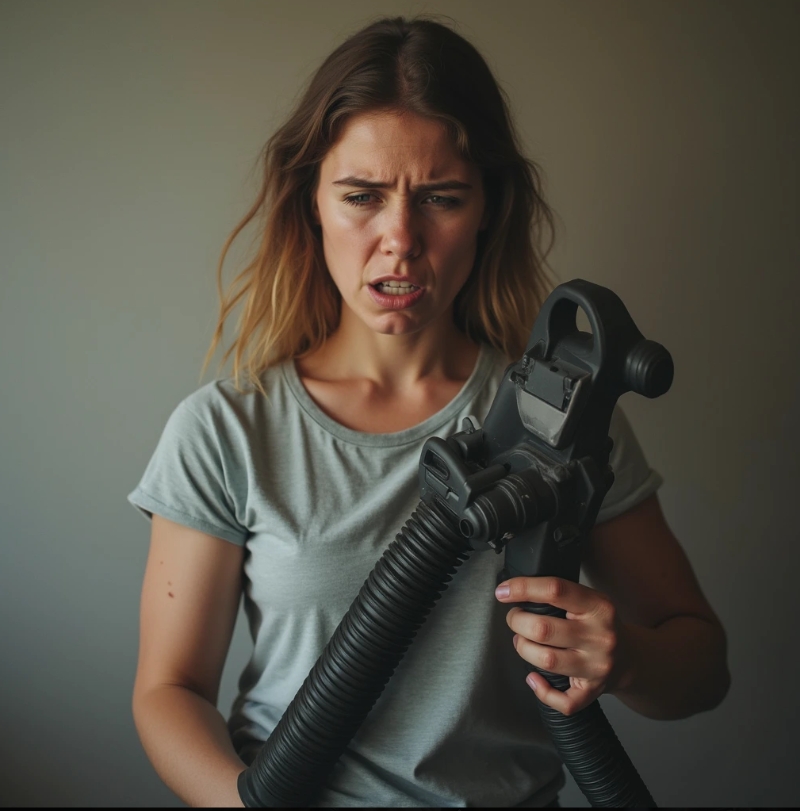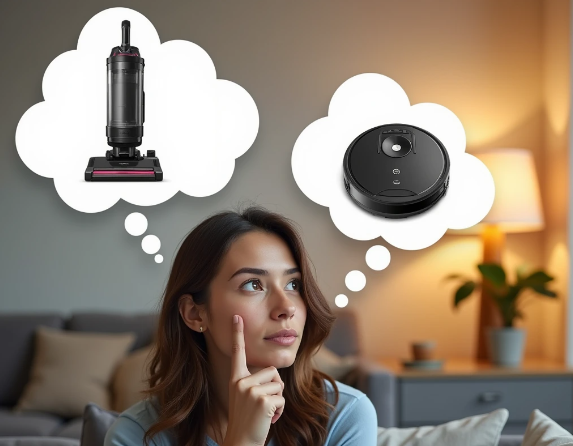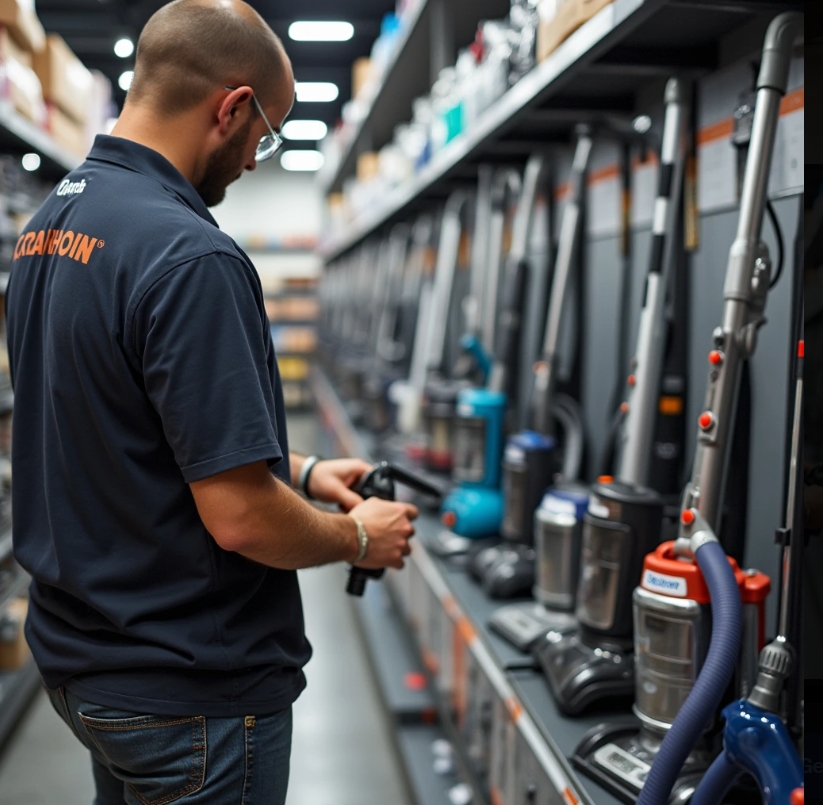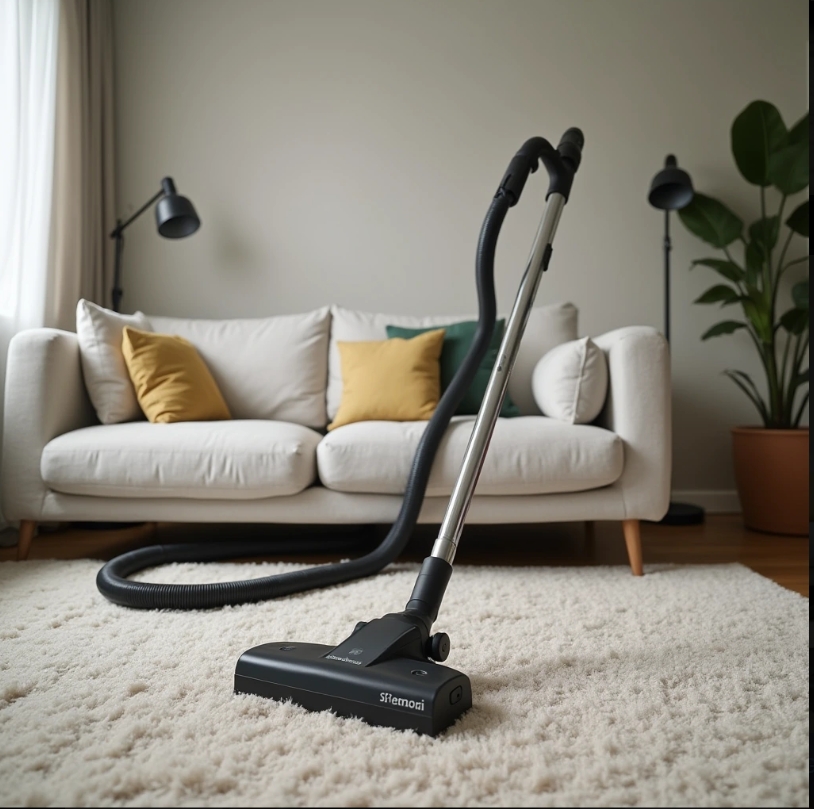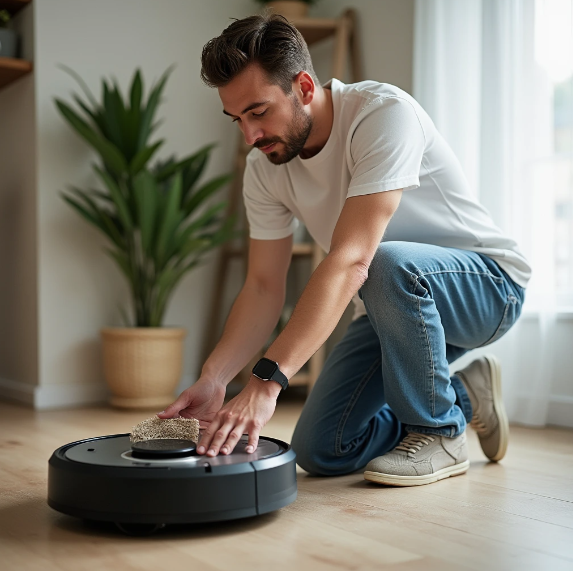Vacuum cleaners (see some products on Amazon) are essential household appliances, but not all are created equal when it comes to noise levels. Some models are notoriously loud, making them less desirable for households with noise sensitivity or pets. Understanding which vacuums are the loudest and why can help you make more informed decisions, especially if you’re in the market for a quieter model.
Why Are Some Vacuums So Loud?
-
Motor Power
- The primary source of noise in a vacuum cleaner is its motor. High-powered motors generate more suction but often come with increased noise levels.
- Tip: If a vacuum advertises a high wattage or strong suction power, it’s likely to be louder.
-
Design and Build Quality
- Poor insulation and cheaper materials can contribute to the overall noise output. Vacuums with thin casings or poor seals can amplify the sound of the motor and airflow.
- Tip: Higher-end models often feature better soundproofing materials to reduce noise.
-
Airflow Path
- The design of the airflow path also affects noise levels. More twists and turns in the path can create whistling or roaring sounds as air moves through.
- Tip: Look for models with streamlined airflow designs for quieter operation.
The Loudest Vacuum Models on the Market
-
Model A
- Noise Level: 90 dB
- Features: Powerful motor, minimal insulation
- Consideration: Ideal for those needing strong suction but can tolerate high noise levels.
-
Model B
- Noise Level: 85 dB
- Features: Robust build, lacks soundproofing materials
- Consideration: Effective for deep cleaning but may disturb pets or young children.
-
Model C
- Noise Level: 88 dB
- Features: Large dust capacity, heavy-duty motor
- Consideration: Suitable for commercial use where noise is less of a concern.
How to Cope with a Loud Vacuum
-
Use Hearing Protection
- Wearing earplugs or noise-canceling headphones can help reduce the impact of the noise on your ears.
- Tip: This is especially useful for extended cleaning sessions.
-
Vacuum During Appropriate Times
- Schedule your vacuuming sessions when noise will least disturb others, such as during the day when most people are out.
- Tip: Avoid early mornings or late nights to keep peace with neighbors or household members.
-
Choose a Vacuum with Variable Speed Settings
- Some vacuums allow you to adjust the suction power, which can also reduce the noise level.
- Tip: Use a lower setting for less intense cleaning jobs to minimize noise.
Alternatives to Loud Vacuums
-
Quiet Models
- Invest in vacuums marketed for their quiet operation. These models may have lower suction power but are designed to reduce noise significantly.
- Tip: Look for models labeled as “quiet” or with a noise level below 70 dB.
-
Robotic Vacuums
- Robotic vacuums tend to operate more quietly than traditional models and can work autonomously, reducing direct exposure to noise.
- Tip: Ideal for maintaining cleanliness without the need for manual operation.
-
Central Vacuum Systems
- These systems have the motor located away from the living areas, significantly reducing noise within the home.
- Tip: They are more expensive but offer a quiet and powerful solution for whole-home cleaning.
While powerful vacuums can deliver superior cleaning performance, their high noise levels can be a drawback. Understanding the reasons behind the noise and exploring quieter alternatives can help you find a balance between effective cleaning and a peaceful home environment. Whether you opt for a quieter model or adapt to using a louder vacuum at strategic times, there are ways to manage the noise and maintain a clean, comfortable space. Follow us at bestvacuumsguide.com

